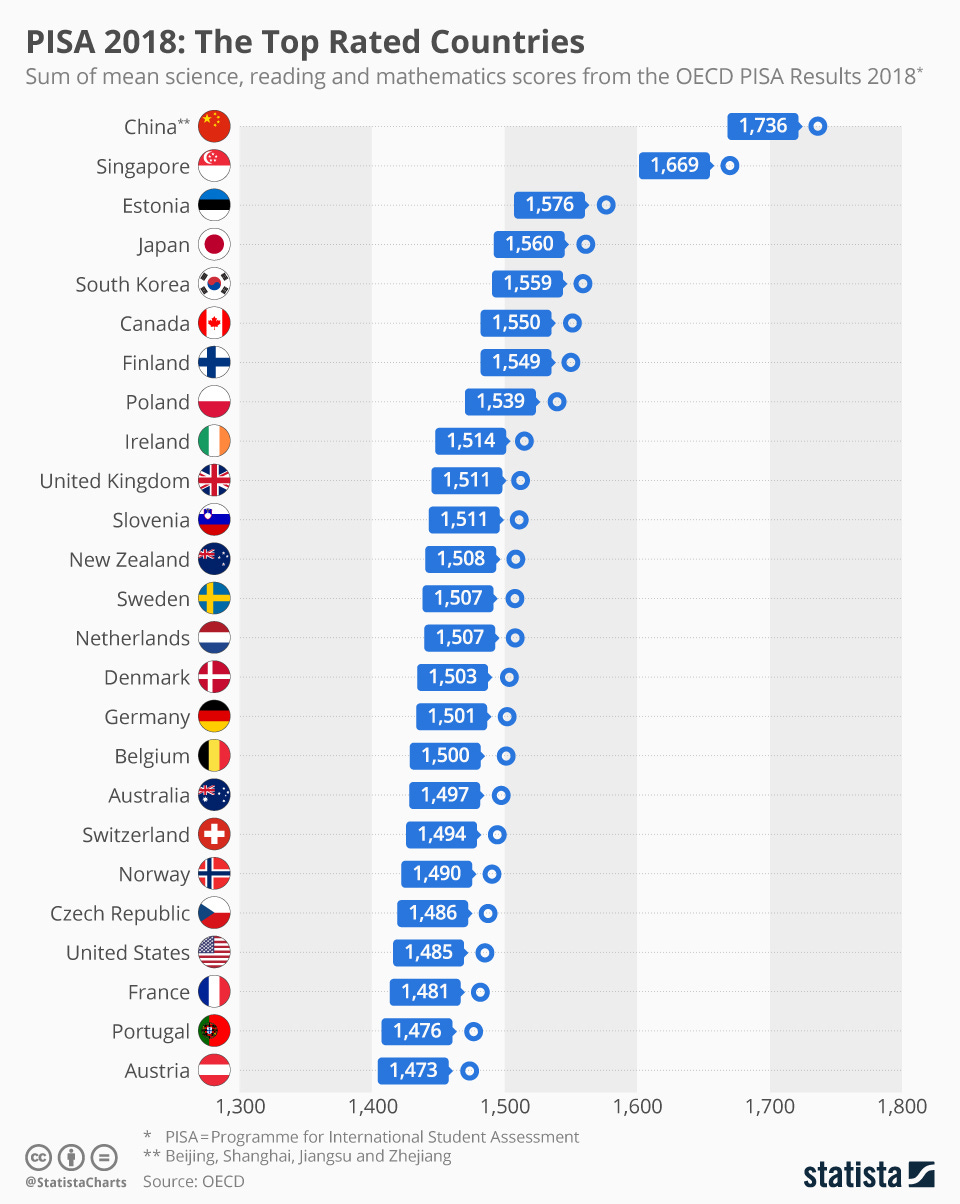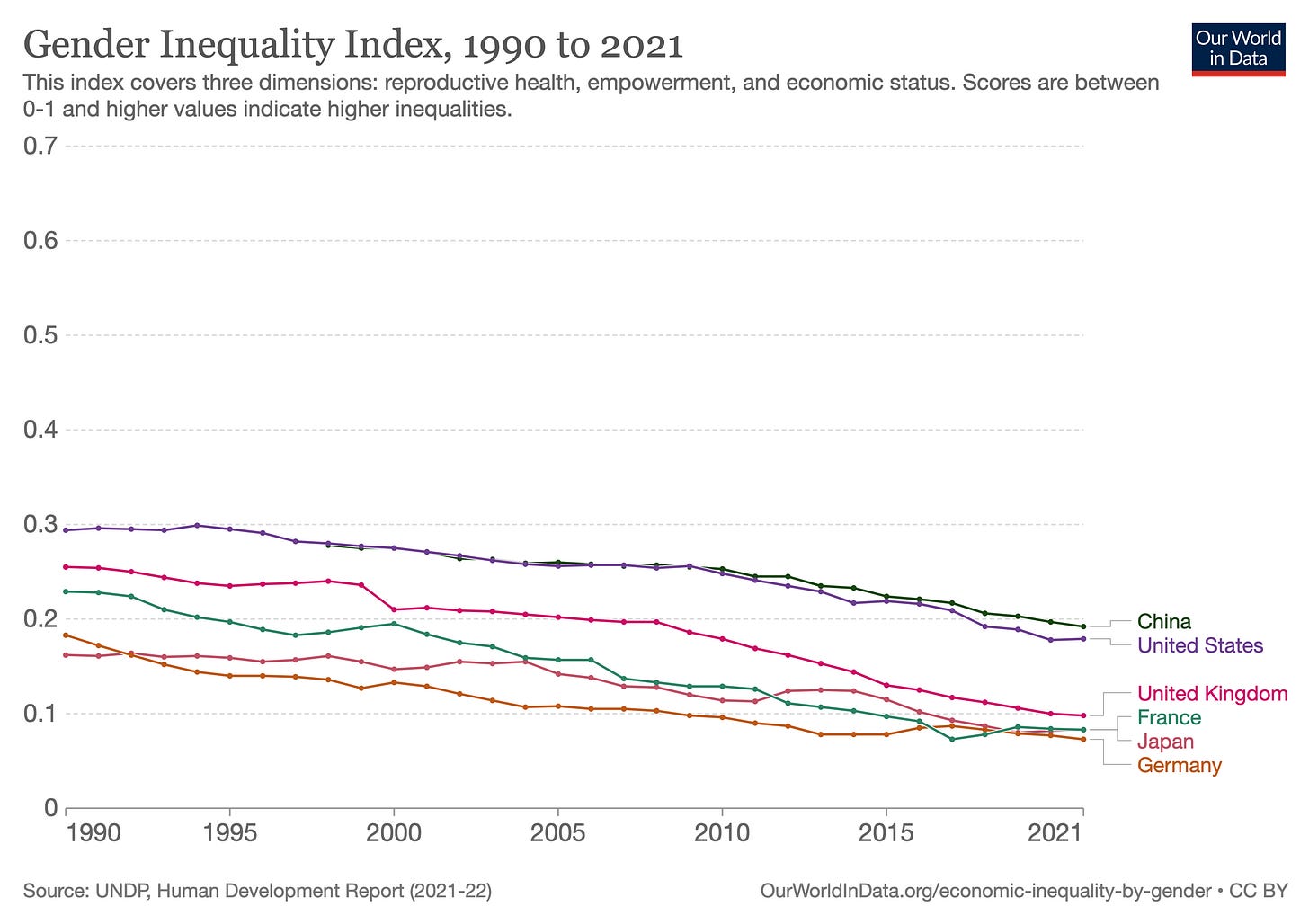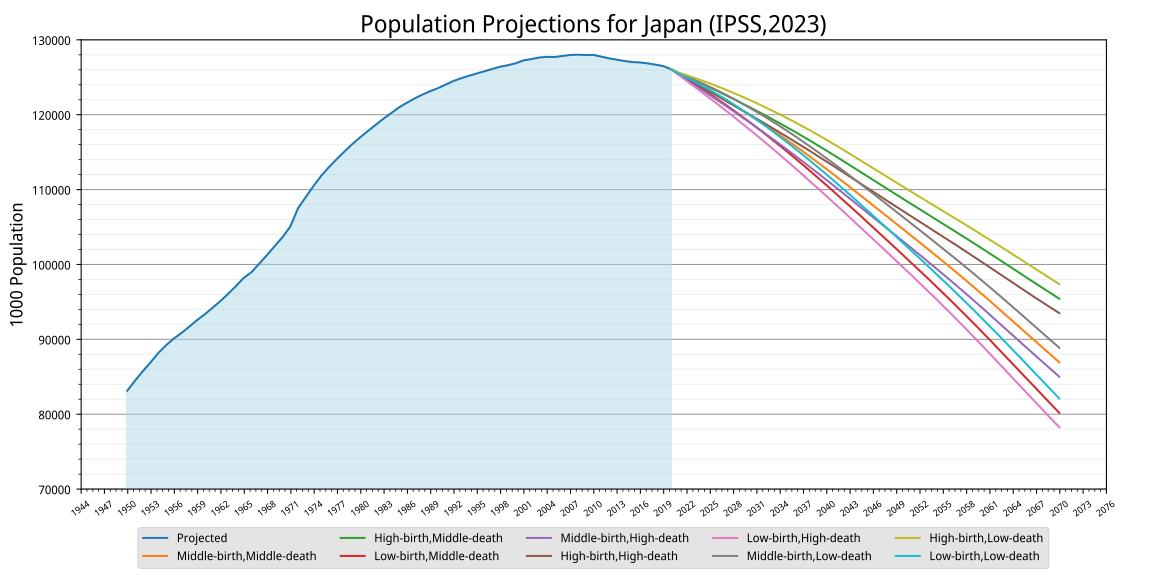My Thoughts on Japan
A glance at the country's successes and challenges.
After staying in Bali for 6 months, it became difficult not to get annoyed by the constant influx of tourists while hearing people talking about Blockchain at every corner. I decided to move to New Zealand for a few weeks to change my mind before relocating to Japan. Aside from the country's undeniable reputation for its food and culture, I was remarkably surprised by how efficiently things were run in almost every aspect: It literally took me ten minutes to get through immigration and customs; the transportation system is comparable to the one in France, except it's clean, on time, and strike-free; I was alerted by the earthquake early warning system even though my phone was in airplane mode; discovering the existence of Washlet made me feel like a caveman; grocery stores are playing jazz. But the country's prestige is not just a vague impression, as it is supported by various indicators, yet the prosperity of Japan could be threatened in the future.
How Japan is exceeding
Let's first look at what is arguably one of the most important metrics: education. Japan, and more broadly East Asian countries, were among the top performers in the latest OECD International Student Assessment. It's worth noting that China only assessed students from Beijing, Shanghai, and the neighboring provinces of Jiangsu and Zhejiang, which is not representative of the country as a whole.
Japan has the highest life expectancy in the world, with an average of 81 years for men and 87 for women, and paradoxically also one of the highest smoking populations, closely competing with France.
Despite the prevalence of a hard-working culture, the ambitious Salaryman career style seems to be losing popularity among Gen Z, while the average working hours have been steadily decreasing over the past few decades and are now relatively comparable to those in the United States.
Japan is also one of the safest places in the world, with an incredibly low incidence of crime. In fact, Japan's homicide rate is about 30 times lower than that of the United States.
Is Japan misogynistic?
Like other Western societies, Japan shares common roots with patriarchal grounds and holds a reputation for exercising a strong emphasis on gender roles due to conformity with traditional values. As a result, Japan has not been spared from gender inequality (most notably in the workforce), and despite a lack of significant efforts to challenge the status quo, it remains relatively more egalitarian in some areas.
As a matter of fact, Japan outperforms its neighbor with one of the lowest Gender Inequality Index (GII), making it one of the nations where women have the highest level of reproductive health care and education.
Another measure of gender inequality is the gender gap in leisure time, in which Japan is also more egalitarian than most European countries.
In terms of equality of earnings, Japan still lags behind the OECD average (11.9%), although the gap has narrowed considerably in the last few decades.
Undeniably, women are still largely underrepresented in politics, as their number of seats in parliaments has stagnated over the past decade – a matter that has seemingly raised more concerns in recent years.
Japan's biggest challenge
The country's fertility rate has remained low since the post-war baby boom era, resulting in the highest proportion of elderly people, with 30% of the population aged 65 and older. In fact, the country's population has already begun to decline since 2014 – while several predictions have been made, with a range of scenarios from the most optimistic to the most pessimistic. It seems difficult to believe that Japan will succeed in reversing its population decline without a massive immigration plan – a scenario that seems unlikely when 98% of the population is Japanese and has an average level of English proficiency that is among the lowest.
The demographic decline raises additional concerns as Japan's debt is the highest of any developed nation (culminating at 263% of GDP), while the country's solvency in the future could become an important matter in keeping its currency competitive, especially as the country depends heavily on fossil fuel imports to produce its energy.
The enchanting allure of Japan
Japan is one of the very few places where I've never had to worry about the consequences of losing my wallet or visiting a distant suburb. Japanese people are very curious, and it's quite common to engage in conversation with locals in restaurants. Tokyo is considered the largest city in the world, but it's comparatively less noisy and crowded than other European capitals I've lived in, and relatively cheaper, as you can get a decent meal for as little as $5.
I'm also obsessed with efficiency, but there are many good reasons why it's important! When the last pandemic occurred, Japan was one of the few developed countries that didn't enforce lockdown measures and had one of the lowest mortality rates, despite having the most elderly population. Of course, not everything can be attributed to effectiveness alone, as other factors such as social norms may partially explain certain outcomes. However, it's hard to deny that a large part of it is also reflected in its industry; Toyota is by far the most efficient and cost-effective car manufacturer, Uniqlo offers clothing with an undeniable quality/price ratio, and (a bit outdated) Japan has 7 of the top 20 largest chip manufacturers in the world in 2005.
And perhaps the most important question is whether they are happy. It's difficult to answer this question accurately because it's hard to find a measure of happiness that isn't culturally biased. However, economic development is probably one of the most reliable predictors of happiness, as there is a clear trend that richer countries seem to be happier than poorer countries, while these correlations still hold after controlling for the demographic composition of the population and are replicable across different data sources and types of subjective well-being measures.
Beyond effectiveness, economic prosperity is probably the most important variable to consider here, as Japan's economy will undoubtedly face a demographic crisis. While it's not unlikely that they may revisit their immigration policies in the future to address this – and it's not inconceivable that Japan could one day face similar issues of social disparity as Western societies. That being said, as history has shown us, the country has repeatedly demonstrated an incredible capacity for resilience and has ample resources to maintain its legendary reputation for excellence.













